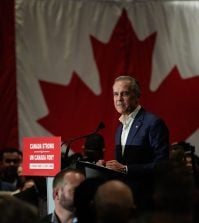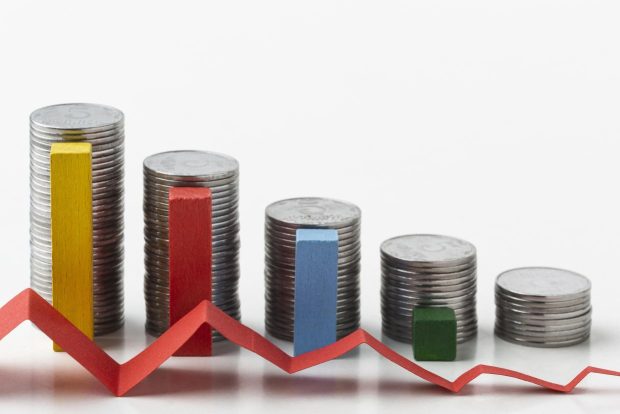Calls for end to US monopoly as World Bank chief quits

The resignation of the World Bank’s president has prompted calls for his successor to be non-American, amid fears that the bank’s policies could shift to reflect US president Donald Trump’s attitudes to protectionism and the developing world.
Jim Yong Kim announced earlier this week that he would leave his post at the end of January, three years before his term officially ends. The bank’s official statement gave no reason for this departure, saying only that he would be joining a firm focusing on increasing infrastructure investments in developing countries, and that he would also re-join the board of Partners in Health, which he co-founded more than 30 years ago.
Kim tweeted: “It’s been the greatest privilege I could have ever imagined to lead the dedicated staff of this great institution to bring us closer to a world that is finally free of poverty.”
Kristalina Georgieva, who is currently chief executive of the World Bank, will assume the role of interim president from 1 February until a successor is found.
US leadership
Since the 189-member World Bank was created at the end of World War II, its leaders have all been Americans. Its sister lending agency, the International Monetary Fund, has always been headed by a European. And over the years, developing nations – which are most affected by both bodies’ policies – have pushed for the leadership pool to be widened.
Kim was appointed by Barack Obama in 2012, and his position was extended to a second term in 2016. In 2012, two non-US candidates were considered for the first time: Nigerian finance minister Ngozi Okonjo-Iweala, and former Colombian finance minister Jose Antonio Ocampo. The Obama administration had to wage a “charm offensive” to secure Kim’s appointment, according to US national newspaper the Wall Street Journal.
Conservative agenda
Some commentators have speculated that the Korean-American left due to fundamental differences with the Trump administration over environmental policies, with US news site CNBC pointing to differences over the future of coal. Trump’s government wants to promote American coal, but under Kim’s watch the World Bank ended support for coal power.
“Any appointment that upholds Trump’s views on climate change would be a disaster for the World Bank,” commented Julien Vincent, executive director of Market Forces, an Australian environmental advocacy initiative that focuses on financial institutions.
If Trump sent a climate-change denier into the World Bank, it would restrict investment opportunities for companies looking to take the energy sector into the 21st century, he added.
Ungentlemanly agreement
Many commentators quoted by media outlets, including CNBC and the Wall Street Journal, agreed that it was time for a non-American to take the role in order to improve the bank’s credibility. Miriam Brett, international development finance project manager at the Bretton Woods Project, a UK-based non-governmental organisation that advocates reform at the World Bank and IMF, tweeted: “The ‘gentleman’s agreement’ of the IMF and World Bank leadership selection says that the Bank president should be an American. Surely it’s time to replace that archaic agreement with a democratic selection?”
If the World Bank gets a president who is neither American nor European, that would enhance the bank’s global standing and “counter the drift toward regionalism,” said Mark Sobel, US chairman of the Official Monetary and Financial Institutions Forum, an independent think tank. The World Bank did not respond to a request for comment.























